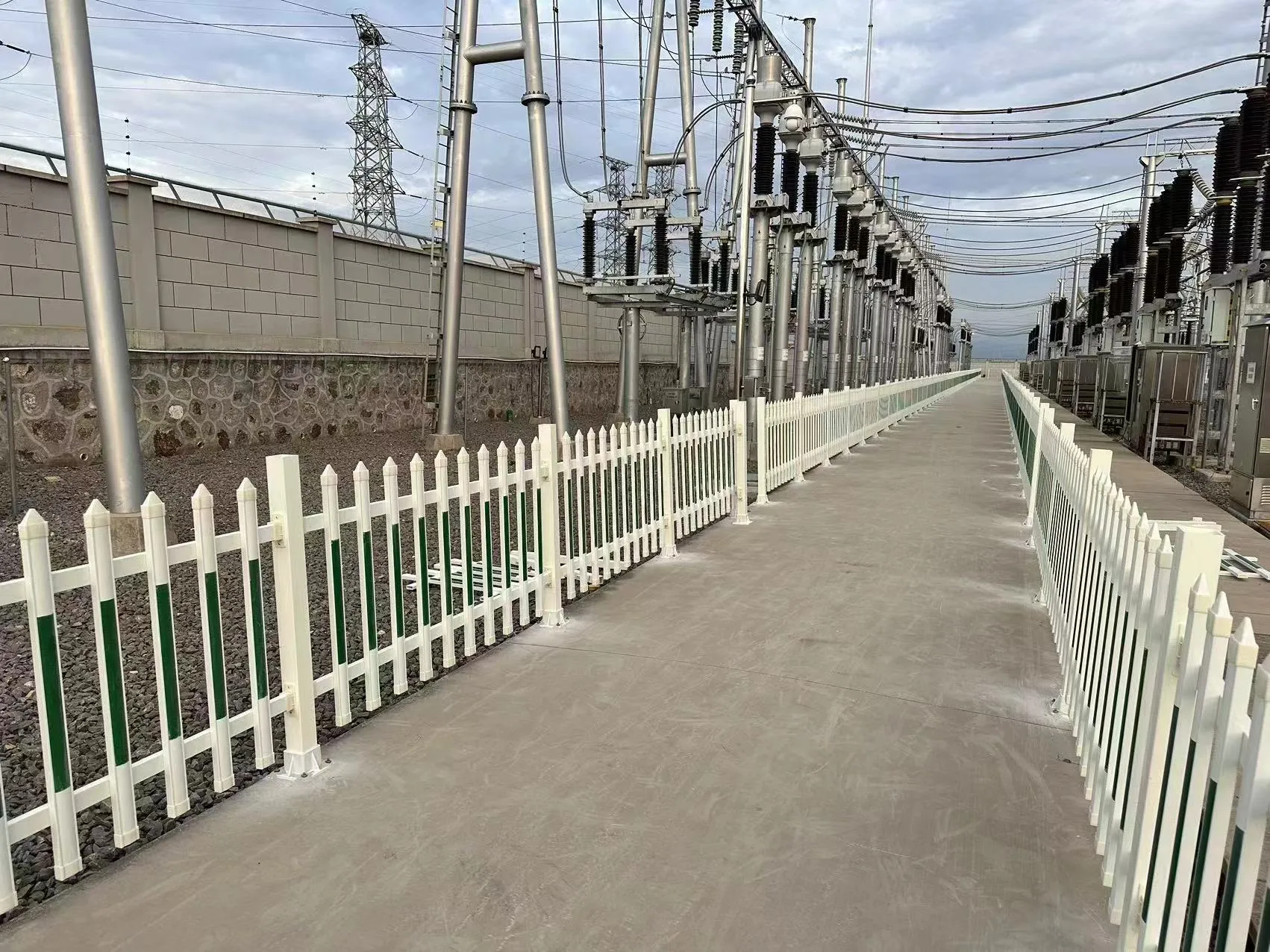loading...
- No. 9, Xingyuan South Street, Dongwaihuan Road, Zaoqiang County, Hengshui, Hebei, China
- admin@zjcomposites.com
- +86 15097380338
- Welcome to visit our website!
smc panel tank specifications
SMC Panel Tank Specifications An Overview
SMC (Sheet Molding Compound) panel tanks, also known as SMC water tanks, are becoming increasingly popular in various industries due to their robustness, durability, and corrosion resistance. These tanks are manufactured using advanced composite materials, making them an ideal choice for storing water and various other liquids. This article provides an overview of the specifications, features, and advantages of SMC panel tanks.
1. Material Composition
SMC panel tanks are constructed from a composite material known as Sheet Molding Compound, which consists of unsaturated polyester resin reinforced with glass fibers. This composition not only provides high strength but also enhances the material’s resistance to environmental factors such as UV radiation and chemical corrosion. The tanks are generally produced in compliance with international standards to ensure safety and quality.
2. Design and Dimensions
One of the defining features of SMC tanks is their modular design. They consist of prefabricated panels that can be assembled on-site to create tank sizes ranging from small to large volumes, typically up to 1000 cubic meters or more. The dimensions of individual panels usually vary, but a common size is 1m x 1m. The flexibility in design allows for custom configurations, accommodating different space constraints and storage requirements.
3. Capacity and Usage
The capacity of SMC panel tanks can vary significantly based on their design and assembly. These tanks can be configured to hold water for residential, commercial, and industrial applications. SMC panel tanks are commonly used in
- Water treatment facilities - Agricultural irrigation - Fire protection systems - Rainwater harvesting systems - Drinking water storage
4. Advantages
smc panel tank specifications

- Corrosion Resistance SMC panels resist rust and corrosion, making them ideal for long-term use in a variety of environments. - Lightweight Compared to traditional materials like concrete or steel, SMC tanks are significantly lighter, which simplifies transportation and installation processes. - Easy Installation The modular design allows for quick assembly, reducing installation time and labor costs. The panels are typically bolted together, eliminating the need for extensive welding or heavy machinery. - Low Maintenance SMC tanks require minimal maintenance due to their durability and resistance to algae growth and other pollutants.
5. Thermal Insulation
Another notable feature of SMC panel tanks is their thermal insulation properties. The composite material can help maintain the temperature of the stored water, whether hot or cold, which is particularly beneficial in regions with extreme weather conditions.
6. Environmental Compliance
SMC panel tanks are often designed to comply with various environmental regulations, ensuring that they do not leach harmful substances into the stored water. Their construction materials are non-toxic and safe for potable water applications, making them a sound choice for both public and private sectors.
7. Certifications and Standards
To ensure quality and safety, SMC panel tanks often come with certifications from relevant authorities. Common certifications include ISO 9001 for quality management systems and local certifications for potable water storage.
Conclusion
In summary, SMC panel tanks offer a versatile and efficient solution for water storage needs across various applications. Their advantageous features, including corrosion resistance, lightweight nature, and ease of installation, make them a preferred choice for many industries. Whether for municipal water supply, agricultural use, or industrial applications, SMC panel tanks are poised to meet the demands of modern water storage solutions effectively. With the growing emphasis on sustainability and efficient resource management, the popularity of SMC panel tanks is likely to continue rising in the foreseeable future.
-
The Rise of FRP Profiles: Strong, Lightweight, and Built to LastNewsJul.14,2025
-
SMC Panel Tanks: A Modern Water Storage Solution for All EnvironmentsNewsJul.14,2025
-
GRP Grating: A Modern Solution for Safe and Durable Access SystemsNewsJul.14,2025
-
Galvanized Steel Water Tanks: Durable, Reliable, and Ready for UseNewsJul.14,2025
-
FRP Mini Mesh Grating: The Safer, Smarter Flooring SolutionNewsJul.14,2025
-
Exploring FRP Vessels: Durable Solutions for Modern Fluid HandlingNewsJul.14,2025
-
GRP Structures: The Future of Lightweight, High-Performance EngineeringNewsJun.20,2025
